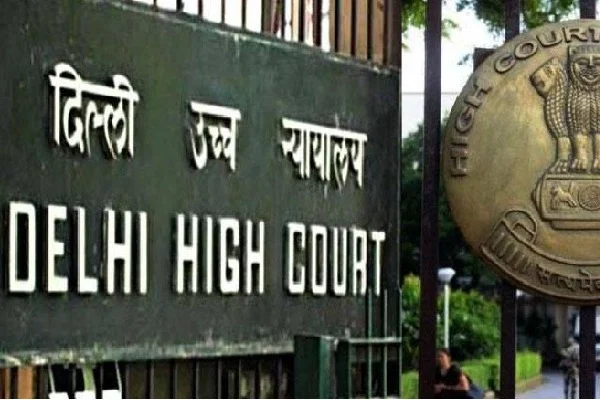The legal battle between the Congress party and the Income Tax Department has escalated, with the Delhi High Court reserving its order on a plea filed by the Congress seeking a stay on the recovery of more than ₹105 crore as outstanding tax. The dispute stems from an Income Tax Appellate Tribunal (ITAT) order that dismissed the Congress’s stay application, prompting the party to challenge it in court.
On March 11, the Congress moved the Delhi High Court to challenge the ITAT order, which had dismissed its stay application. The Income Tax Department, during the hearing, confirmed that it had already recovered ₹65 crore from the Congress’s bank accounts, leaving a total outstanding claim of ₹105 crore.
The dispute dates back to July 2021 when the Income Tax authorities rejected the Congress’s declaration of nil income and demanded over ₹105 crore as tax for the assessment year 2018-19. Subsequently, the IT department issued a notice to the Congress for the recovery of the outstanding tax amount.
In response to the Congress’s plea for a stay on the recovery, the tax appellate tribunal observed on March 8 that once the mandatory requirements contained in Section 13A of the Income Tax Act are violated, there is no discretion with the income tax authorities to grant any relaxation in allowing the exemption envisaged. The tribunal further noted that the Congress failed to make out a strong prima facie case against the interpretation of Section 13A of the Act adopted by the income tax department to deny exemption.
However, the tribunal clarified that its observations in the March 8 order were made solely for deciding the stay application and would not affect the merits of the case. The Congress has vehemently opposed the tribunal’s decision, accusing the BJP-led Centre of engaging in “financial terrorism” against it. The party alleged that the government had “looted” over ₹65 crore from its accounts as part of an effort to economically cripple it ahead of the Lok Sabha polls.
The legal dispute has significant implications for both the Congress party and the Income Tax Department. For the Congress, the recovery of ₹105 crore could have a substantial impact on its finances and operations. The party’s ability to contest elections, fund campaigns, and carry out other political activities may be hampered if it is required to pay such a significant sum in taxes.
On the other hand, the Income Tax Department is tasked with ensuring compliance with tax laws and collecting revenue for the government. The department’s pursuit of outstanding taxes from the Congress is part of its broader mandate to enforce tax laws and prevent tax evasion. Any legal precedent set in this case could have implications for future tax assessments and recovery efforts involving other political parties or entities.
The outcome of the legal battle will depend on various factors, including the interpretation of relevant provisions of the Income Tax Act, the evidence presented by both parties, and the legal arguments put forth before the court. While the Congress is seeking a stay on the recovery of the outstanding tax amount, the Income Tax Department is likely to defend its actions and argue for the enforcement of tax laws.
In the meantime, the Delhi High Court’s decision to reserve its order indicates that further legal proceedings are expected in this case. The court will carefully consider all arguments and evidence presented before making a final determination on whether to grant the Congress’s plea for a stay on the income tax notice.
Overall, the legal dispute between the Congress party and the Income Tax Department underscores the complex interplay between politics and taxation in India. As both sides await the court’s decision, the outcome of this case will have far-reaching implications for the financial and political landscape of the country.
